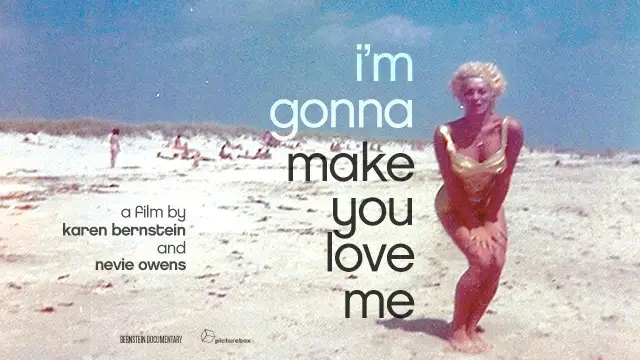Possibly one of the positives of the entertainment industry’s massive shutdown is the development of access for the everyday viewer. Normally, one wouldn’t have the ability to watch the movies showcased at SXSW until much later. Due to SXSW being canceled, Amazon Prime connected with the association to make their films available on their streaming service. Now, we can watch all of the projects that were scheduled to premiere at SXSW at the comfort of our own home.
I’m Gonna Make You Love Me
One of the films is the documentary I’m Gonna Make You Love Me. This full-length doc explores the transition and de-transition of Brian. In general, de-transitioning is a bit of a taboo and controversial topic. Brian was born a male and later transitioned into Tish. Tish was one of New York City’s downtown well-known divas. After ten years as Tish, he became Brian again. I’m Gonna Make You Love Me was produced and directed by Karen Bernstein.
Brian’s Story
I’m Gonna Make You Love Me is not a look into gender identity on a large scale. There are no statistics presented and the documentary does not interview other people who have decided to de-transition. Rather, it’s more of a personal documentary – looking into Brian’s unique and often tragic life. From a very old-school upbringing, Brian struggled to understand himself. As someone who was feminine, Brian wondered if it would have been easier to simply present himself as a woman. Brian even states that in today’s standards, he would have been considered a trans kid. I found this interesting and I’m in no way an expert. If a boy is feminine, is he trans or simply just a feminine boy? Growing up in a strict household, Brian yearned to understand himself.
It was certainly sad to see Brian’s childhood and the prejudice shown to him is not only what many in the 50s and 60s experienced, but what LGBTQ+ youth deals with today. As stated before, this documentary doesn’t explore brain chemistry, the physiology of trans people, or the experiences of others struggling with their gender identity. We’re very much just on Brian’s journey and where he is today – which is in his 60s. Brian’s telling of a gritty 1980s New York City is something we’ve seen before and I’m sure many of us today cannot fathom an NYC like we’ve seen described before.
Larger Than Life
What is obvious from the documentary and it stems into the title of the film is that Brian has a larger than life personality. Brian wants to be seen and wants to be heard and it seems like he was able to feel that as Tish. You especially begin to feel this way upon meeting his siblings and hearing their recollection of their childhoods, their parents, and Tish’s emergence.
Rating: 2.75/5
Overall, I wish that this documentary would have looked into gender identity and de-transitioning as a whole. Tish may have been a larger figure in the social scene in New York City in the 1980s, but not everyone was around during that scene, nor was into that scene to know her enough to want to see a documentary on her. Brian’s story should have been included, but also should have been a vehicle for a larger conversation. All in all, I am happy that it seems like Brian is happy in his life, as well as in love. As someone who has been an army wife, a loving husband, a club performer, sex worker, an AIDS survivor, and much more, Brian’s lived a lot of lives.
A girl with too many fandoms to count.






